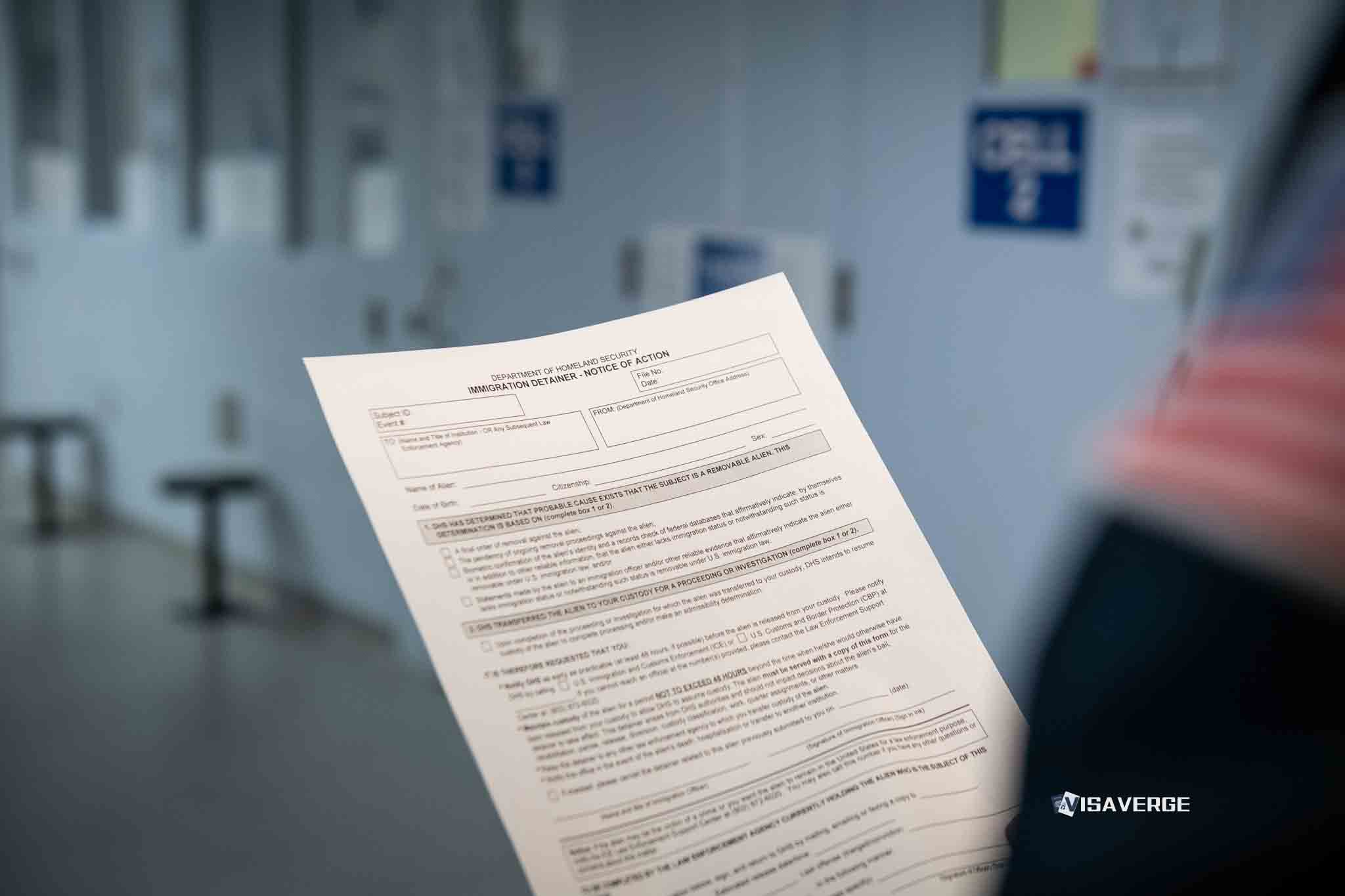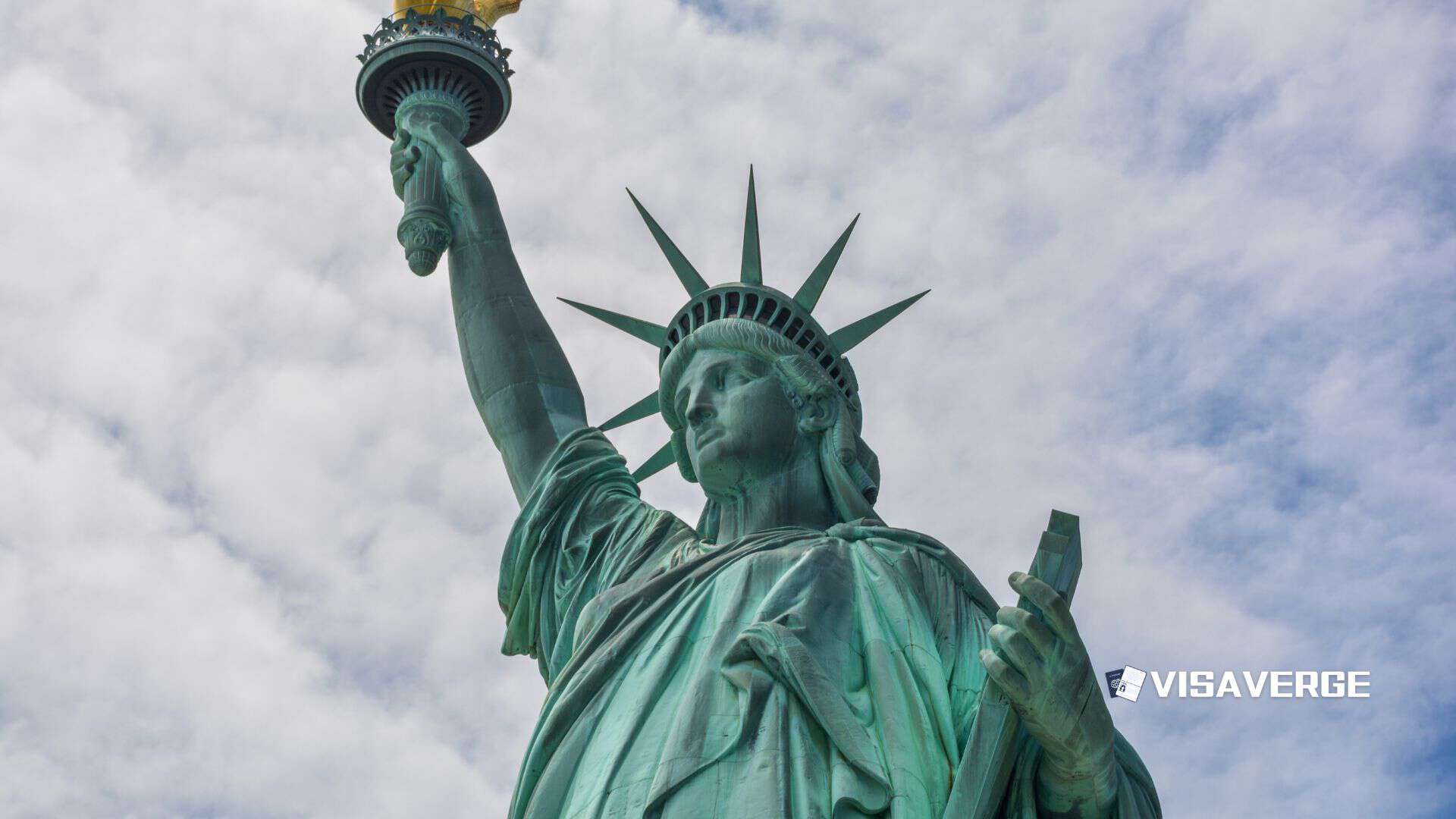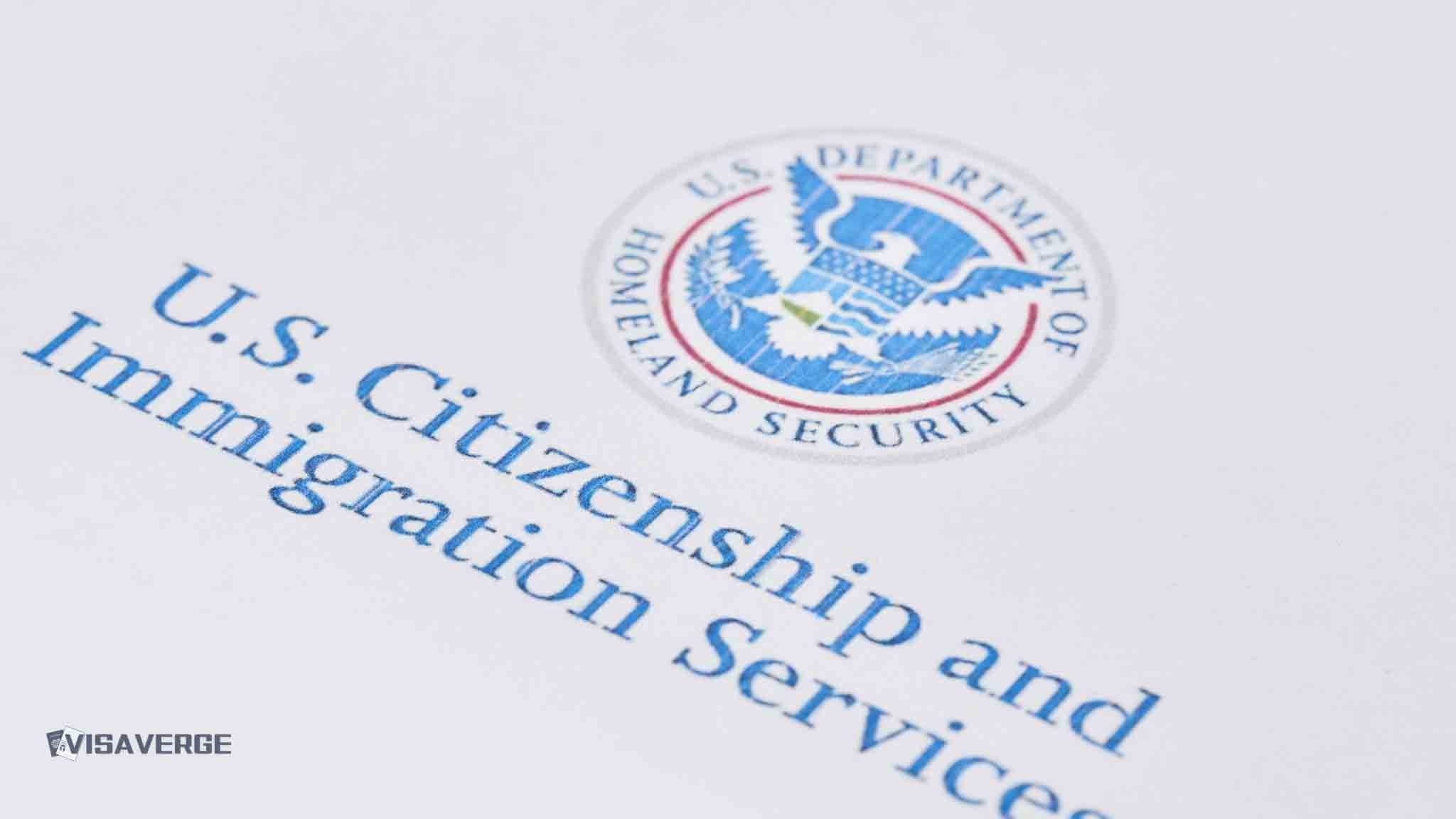Key Takeaways
• Colorado’s 2025 minimum wage is $14.81 per hour for non-tipped workers and $11.79 for tipped employees.
• Local areas like Denver set higher minimum wages, up to $18.81 per hour, reflecting their living costs.
• Minimum wage increases annually by CPI; 2025 raised pay by 2.7%, adding about $811 yearly for full-time workers.
Understanding the minimum wage in Colorado for 2025: A Detailed Guide
The minimum wage is a key part of employment law in the United States 🇺🇸, affecting millions of workers, immigrants, and employers. In Colorado, the minimum wage for 2025 has been set at $14.81 per hour for non-tipped employees, with different rates for tipped workers and higher local rates in some cities and counties. This guide explains what the minimum wage means in Colorado, how it is set, who it applies to, and what it means for workers, employers, and immigrants living and working in the state.

What Is the Minimum Wage?
The minimum wage is the lowest amount an employer can legally pay a worker per hour. In the United States 🇺🇸, there is a federal minimum wage, but states can set their own higher rates. Colorado’s minimum wage is higher than the federal rate, reflecting the state’s higher cost of living and local economic conditions.
For 2025, the minimum wage in Colorado is:
– $14.81 per hour for non-tipped employees
– $11.79 per hour for tipped employees (such as restaurant servers), as long as their tips bring their total hourly earnings up to at least $14.81
Some cities and counties in Colorado have set even higher minimum wages to match their local cost of living. These local rates are important for anyone working in those areas.
How Is the Minimum Wage Set in Colorado?
Colorado’s minimum wage is adjusted every year based on the Consumer Price Index (CPI). The CPI measures changes in the cost of living, such as the price of food, housing, and other basic needs. By tying the minimum wage to the CPI, Colorado makes sure that workers’ pay keeps up with inflation.
In 2025, the minimum wage increased from $14.42 in 2024 to $14.81, a 2.7% rise. For a full-time worker, this means about $811 more per year. This annual adjustment gives both workers and employers a predictable way to plan for changes in pay.
Colorado voters approved this system in 2006, making it part of the state’s constitution. Since then, the minimum wage has gone up every year, always staying above the federal minimum wage, which remains at $7.25 per hour.
Local Minimum Wages in Colorado for 2025
While the state sets a minimum wage, some cities and counties in Colorado have chosen to set even higher rates. This is usually because the cost of living in those areas is higher than the state average. Here are the key local minimum wages for 2025:
- Boulder (City): $15.57 per hour for non-tipped employees, $12.55 for tipped employees
- Boulder County (Unincorporated): $16.57 per hour for non-tipped employees, $13.55 for tipped employees
- Denver (City and County): $18.81 per hour for non-tipped employees, $15.79 for tipped employees
- Edgewater (City): $16.52 per hour for non-tipped employees, $13.50 for tipped employees
These local rates are higher than the statewide minimum wage. If you work in one of these cities or counties, your employer must pay you at least the local minimum wage.
Who Does the Minimum Wage Apply To?
The minimum wage in Colorado applies to almost all employees, including immigrants and foreign workers, regardless of their immigration status. There are a few exceptions, such as:
- Certain student workers in training programs
- Some seasonal or agricultural workers
- Independent contractors (people who are self-employed and not regular employees)
However, most people working for an employer in Colorado are covered by the minimum wage law.
For tipped employees, such as restaurant servers, bartenders, and some hotel workers, the law allows employers to pay a lower base wage ($11.79 per hour in 2025). However, if tips do not bring the worker’s total hourly earnings up to the full minimum wage ($14.81), the employer must make up the difference.
How Does the Minimum Wage Affect Immigrants and Foreign Workers?
Many immigrants and foreign workers in Colorado work in jobs that pay close to the minimum wage, such as in restaurants, hotels, cleaning services, and agriculture. The minimum wage law protects these workers, ensuring they receive fair pay for their work.
It is important to know that:
– Employers cannot pay less than the minimum wage, even if a worker is undocumented or on a temporary visa.
– Workers have the right to report wage violations without fear of retaliation, regardless of immigration status.
– If you believe you are not being paid the correct minimum wage, you can file a complaint with the Colorado Division of Labor Standards and Statistics.
For immigrants and foreign workers, understanding the minimum wage is key to making sure you are treated fairly and paid what you are owed.
How Does the Minimum Wage Affect Employers?
Employers in Colorado must pay at least the state minimum wage, or the higher local minimum wage if one applies. This means businesses in cities like Denver, Boulder, or Edgewater face higher labor costs than those in other parts of the state.
Employers must also:
– Keep accurate records of hours worked and wages paid
– Post official minimum wage notices in the workplace
– Make up the difference if tipped employees do not earn enough in tips to reach the full minimum wage
In addition, Colorado has a higher salary threshold for employees who are exempt from overtime pay (such as managers or professionals). In 2025, this threshold is $1,086.25 per week, or $56,485 per year. Employees who earn less than this amount must be paid overtime for hours worked over 40 per week.
Employers who do not follow these rules can face fines and legal action. It is important for businesses to stay up to date with minimum wage changes and plan for annual increases.
Comparing Colorado’s Minimum Wage to the Federal Minimum Wage
The federal minimum wage in the United States 🇺🇸 is $7.25 per hour, and it has not changed since 2009. Colorado’s minimum wage is more than double the federal rate, reflecting the higher cost of living in the state.
For example:
– A full-time worker in Colorado earning the state minimum wage in 2025 will make about $30,805 per year (before taxes).
– A full-time worker earning the federal minimum wage would make only about $15,080 per year.
This big difference shows why many states, including Colorado, have chosen to set their own higher minimum wages.
Why Do Local Minimum Wages Vary?
Local governments in Colorado can set their own minimum wages if they believe the state rate does not match the cost of living in their area. For example, Denver has a much higher cost of living than many other parts of Colorado, so the city has set its own minimum wage at $18.81 per hour for 2025.
These local rates help workers in expensive areas afford basic needs like housing, food, and transportation. However, they also mean that businesses in those areas have higher payroll costs, which can affect prices, hiring, and business decisions.
How Are Minimum Wage Increases Announced?
The Colorado Department of Labor and Employment (CDLE) announces the new minimum wage rates each year, usually in the fall, to take effect on January 1 of the following year. Local governments also announce their own rates in advance.
This early notice gives employers time to adjust their budgets and payroll systems. Workers can also plan for changes in their pay.
Recent Developments and Stakeholder Views
The 2025 minimum wage increase was announced in late 2024, with state and local agencies making sure both employers and workers knew about the changes. Economists, such as Markus Schneider from the University of Denver, support local minimum wage increases, saying they better match local economic needs.
Business groups, especially those representing small businesses, have raised concerns about the impact of rising wages on their costs. They argue that while higher wages help workers, they can also make it harder for small businesses to hire and keep staff.
The Colorado General Assembly continues to look at new laws affecting wages and working conditions. In 2025, lawmakers introduced more employment-related rules, showing that wage policy is an ongoing issue in the state.
Practical Implications for Workers
For workers, the minimum wage means:
– Guaranteed pay: You must be paid at least the minimum wage for every hour you work.
– Protection for tipped workers: If your tips do not bring your total pay up to the minimum wage, your employer must make up the difference.
– Annual increases: Your pay may go up every year as the minimum wage is adjusted for inflation.
– Right to report violations: If you are not paid the correct wage, you can file a complaint with the state.
For immigrants and foreign workers, these protections apply regardless of your immigration status. You do not need to be a U.S. citizen to be covered by minimum wage laws.
Practical Implications for Employers
For employers, the minimum wage means:
– Legal requirement: You must pay at least the minimum wage, or the higher local rate if it applies.
– Recordkeeping: You must keep records of hours worked and wages paid.
– Planning for increases: You need to plan for annual wage increases based on inflation.
– Compliance with local laws: If you operate in a city or county with a higher minimum wage, you must follow the local rate.
Employers who do not follow these rules can face fines, lawsuits, and damage to their reputation.
Future Outlook for Minimum Wage in Colorado
The next minimum wage adjustment in Colorado will happen on January 1, 2026, based on the latest inflation data. Local governments may also continue to set their own rates, which could make the gap between state and local minimum wages even wider.
Lawmakers and business groups will keep discussing how to balance fair pay for workers with the needs of employers. As the cost of living changes, the minimum wage will likely keep rising to help workers afford basic needs.
Where to Find Official Information
For the most up-to-date information on the minimum wage in Colorado, visit the Colorado Division of Labor Standards and Statistics. This official government website provides details on current wage rates, complaint forms, and guidance for both workers and employers.
If you need legal advice or have questions about your rights, you can also contact a labor law expert or employment attorney familiar with Colorado wage laws.
Real-World Example: Maria’s Story
Maria is an immigrant from Mexico working as a server in a Denver restaurant. In 2025, her employer pays her the tipped minimum wage of $15.79 per hour. On a slow night, she only earns $2 in tips per hour, bringing her total to $17.79 per hour. This is above Denver’s minimum wage, so her employer does not need to pay extra.
However, if Maria’s tips only brought her total pay to $18.00 per hour, her employer would need to pay her an extra $0.81 per hour to make sure she earns at least $18.81, the local minimum wage in Denver.
This example shows how the minimum wage protects workers, including immigrants, and ensures they are paid fairly.
Key Takeaways and Next Steps
- The minimum wage in Colorado for 2025 is $14.81 per hour for non-tipped employees, with higher rates in some cities and counties.
- Tipped employees must earn at least the full minimum wage when tips are included.
- The minimum wage is adjusted every year based on inflation, giving workers and employers predictability.
- Immigrants and foreign workers are protected by minimum wage laws, regardless of their status.
- Employers must follow both state and local wage laws and plan for annual increases.
- For official information, visit the Colorado Division of Labor Standards and Statistics.
As reported by VisaVerge.com, staying informed about minimum wage changes is important for both workers and employers in Colorado. By understanding your rights and responsibilities, you can make sure you are paid fairly and avoid legal problems.
If you are a worker, check your pay stubs and talk to your employer if you have questions. If you are an employer, review your payroll systems and make sure you are following the latest wage laws. Both groups can benefit from the resources and support offered by the state.
The minimum wage is more than just a number—it is a key part of making sure workers in Colorado, including immigrants and foreign workers, can earn a fair living and support themselves and their families.
Learn Today
Minimum Wage → The lowest legal hourly pay an employer can give workers, set by federal or state law.
Consumer Price Index (CPI) → A measure of average price changes for goods and services, used to adjust wages for inflation.
Tipped Employee → A worker who earns a lower base wage but receives tips to reach the full minimum wage.
Local Minimum Wage → A wage rate set by cities or counties higher than the state minimum to match local costs.
Overtime Pay → Extra pay for employees working more than 40 hours per week, required if they earn below a set salary.
This Article in a Nutshell
Colorado’s 2025 minimum wage is $14.81 for non-tipped workers, increasing annually with inflation. Local cities have higher rates. These laws protect all employees, including immigrants, ensuring fair pay and legal enforcement. Employers must comply with state and local rules to avoid penalties and support fair labor standards.
— By VisaVerge.com













